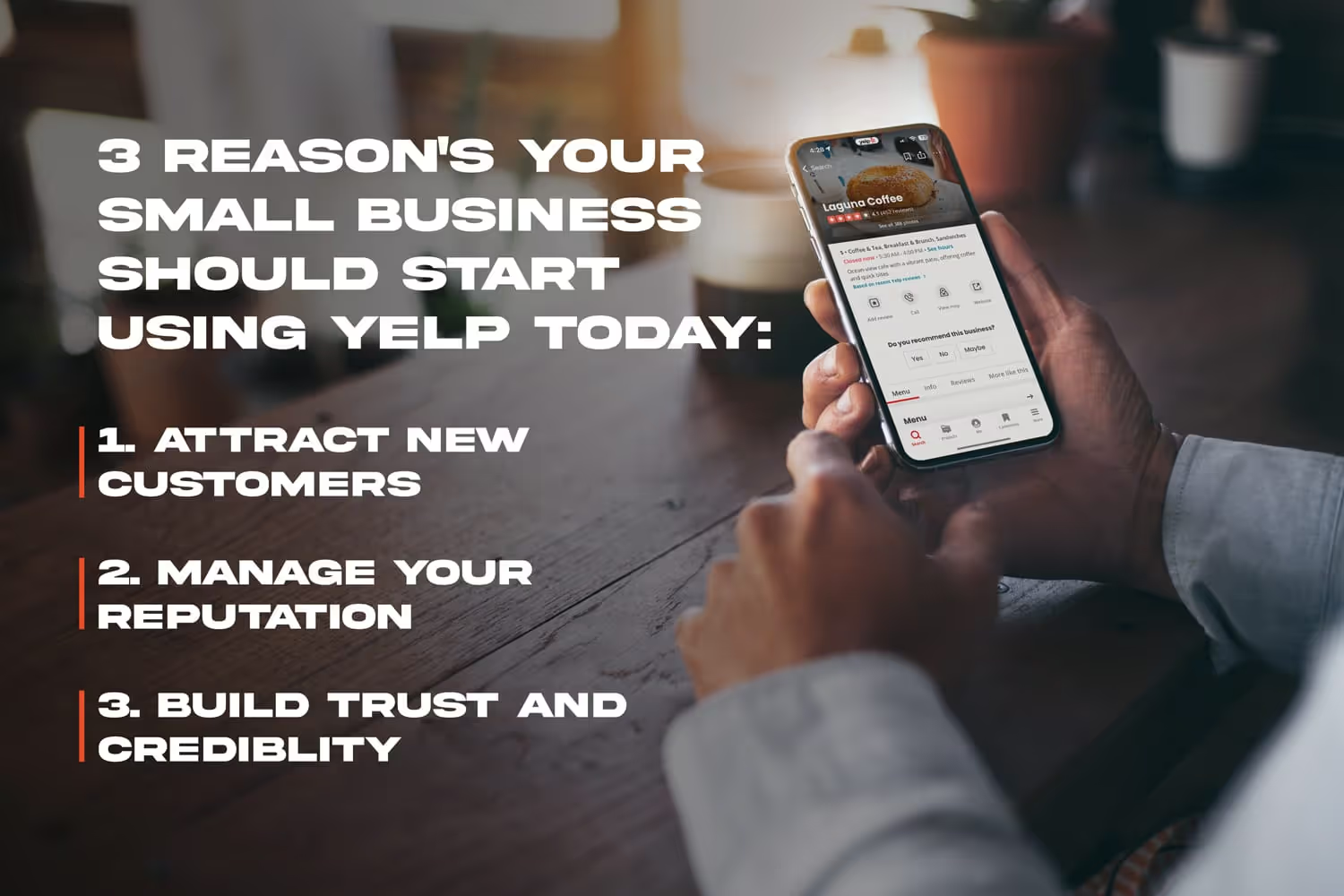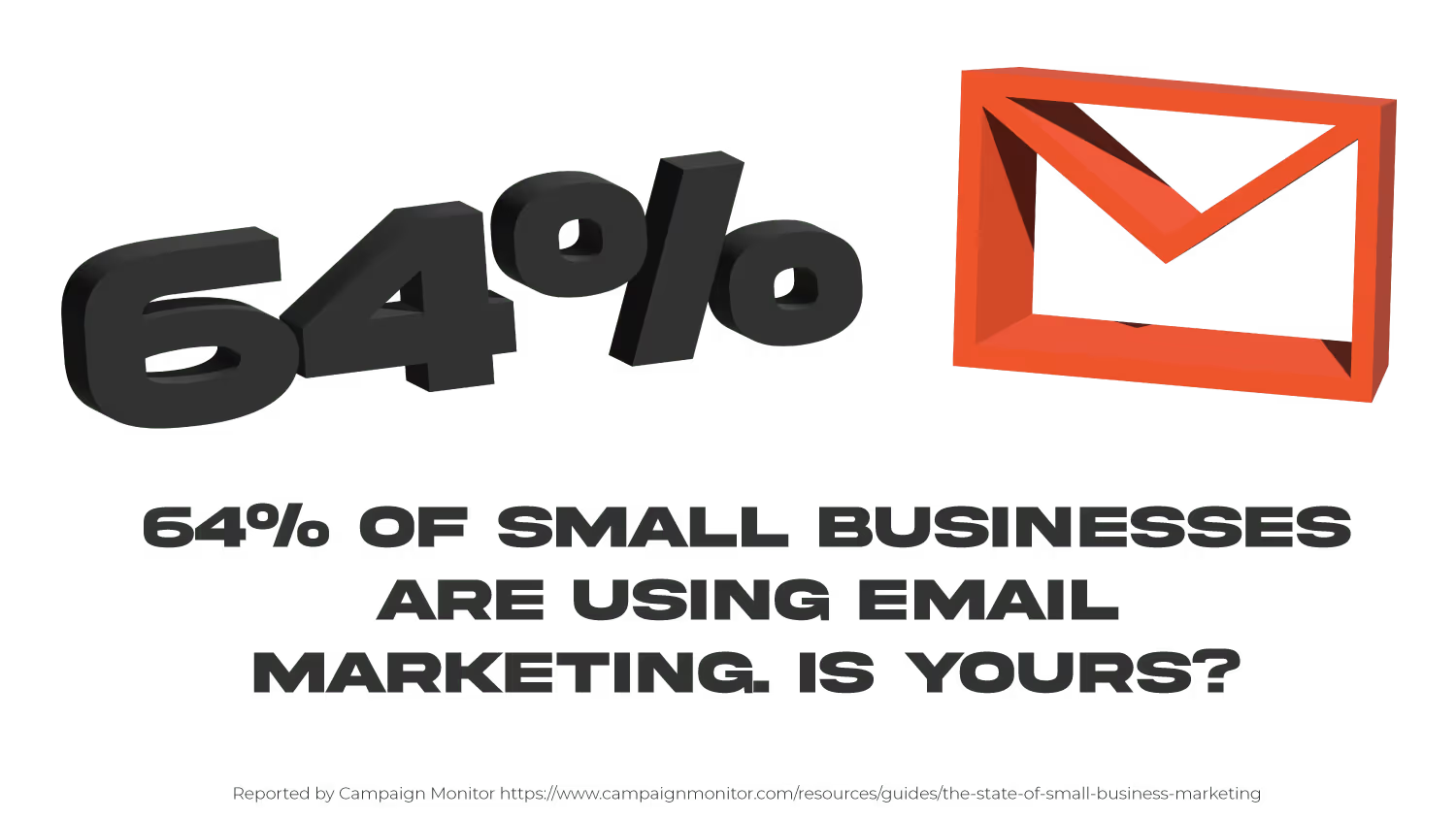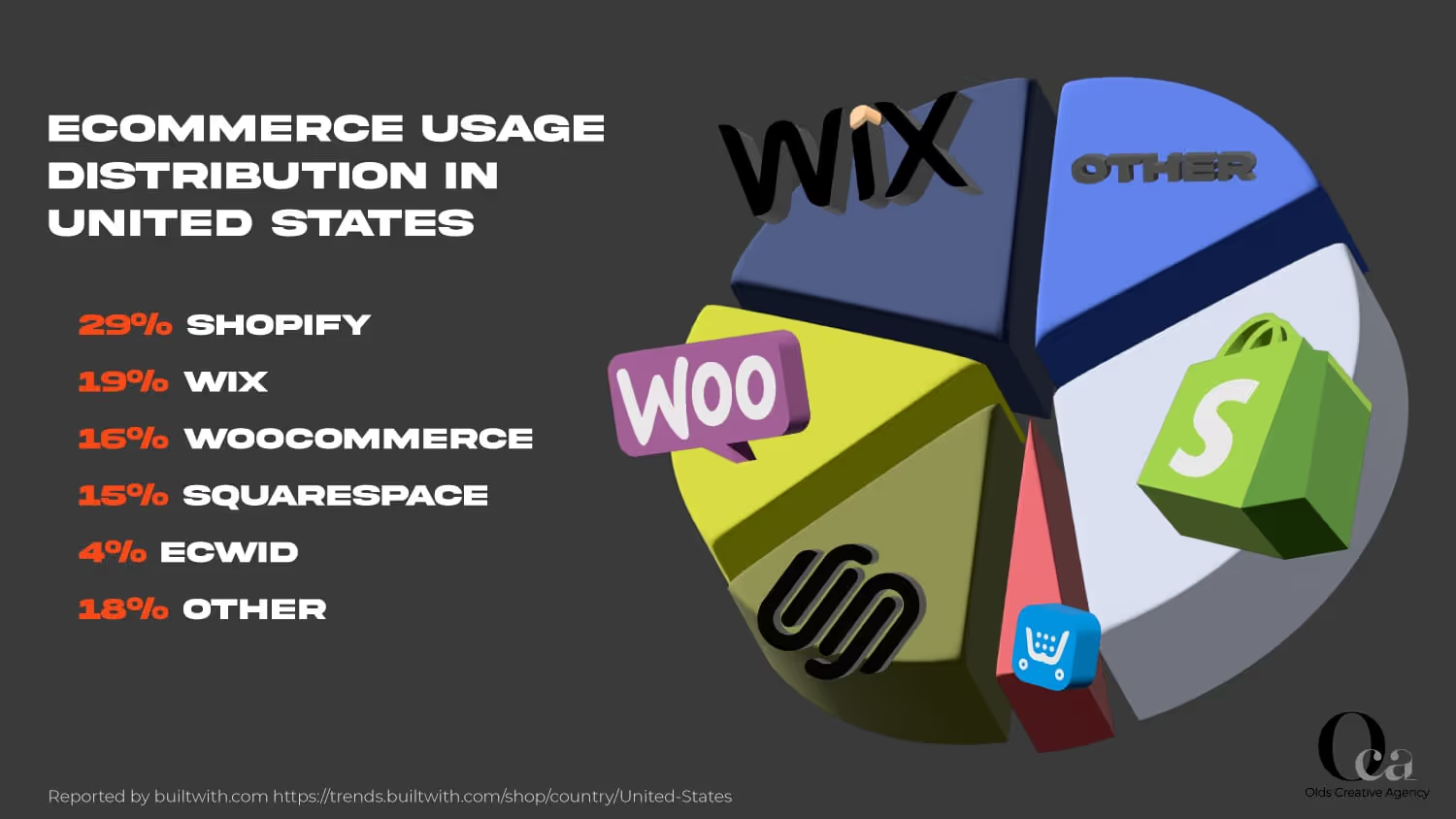In today's rapidly evolving business landscape, effective marketing is paramount for the growth and sustainability of small businesses. Balancing digital and traditional marketing approaches enables small businesses to maximize their reach and connect with their target audience more efficiently. This comprehensive guide explores essential marketing strategies and tools to help small business owners navigate the complexities of promoting their businesses in the digital age.
Understanding Your Market
Before diving into marketing tactics, it's crucial to understand the market you're operating in. Conducting thorough market research and clearly defining your target audience are foundational steps that inform your marketing strategies. Leveraging digital tools such as Google Analytics and social media insights can provide valuable data about your potential customers, from demographics to online behavior patterns. Integrating these digital tools into your market research strategy ensures that your marketing efforts are targeted and aligned with the evolving preferences of your audience.

Crafting Your Marketing Plan
A well-structured marketing plan is essential for successful marketing efforts. It outlines how your business will reach its marketing goals through targeted strategies. Crafting a comprehensive marketing plan involves setting realistic objectives, selecting the right marketing channels, and understanding the competitive landscape and consumer behavior trends. Prioritizing flexibility and adaptability in your marketing plan allows your business to respond effectively to market changes and seize emerging opportunities.
Digital Marketing Fundamentals
Mastering the fundamentals of digital marketing is essential for small businesses to thrive online. Content marketing, search engine optimization (SEO), and email marketing serve as the cornerstone of any successful digital strategy. Crafting compelling content, optimizing your website for search engines, and developing personalized email campaigns are key to establishing a strong online presence and engaging with your audience effectively.
Maximizing Social Media Impact
Social media platforms offer vast opportunities for small businesses to showcase their brand and interact with their audience. Focusing on platforms like Facebook and Instagram, businesses can create content that resonates with their audience, foster genuine connections, and leverage paid advertising to enhance their social media impact. By staying active and engaged on social media platforms, small businesses can increase brand awareness and cultivate lasting connections with their audience.
Google My Business: Your Small Businesses Digital Storefront
For local businesses, a Google My Business (GMB) profile acts as a digital storefront, making it easier for customers to find and interact with your business online. Optimizing your GMB profile enhances your visibility in local search results and establishes credibility and trust with potential customers. Regularly updating your GMB profile with photos, posts, and special offers keeps your audience informed and engaged, driving foot traffic to your physical location. To learn how to simply set up your small business's Google My Business profile check out our blog Unlocking the Power of Google My Business: Setting Up Your Google My Business Profile for Small Businesses.

Leveraging Yelp for Local Businesses
Yelp remains a powerful tool for local businesses to attract new customers and manage their reputation. Setting up and optimizing your Yelp profile, responding to reviews, and utilizing Yelp's features can help build trust and credibility among your local audience. Actively engaging with customer feedback and leveraging features such as check-in offers and promotions can further enhance your visibility on the platform.
Navigating Online Advertising
Online advertising can significantly increase your business's visibility, but navigating the realm of online advertising requires strategic planning and execution. While platforms like Google Ads and social media advertising offer intuitive interfaces and targeting options, enlisting the expertise of a professional marketing agency or digital advertising specialist can maximize your advertising budget's effectiveness. Not ready to hire an agency? You can learn to use Google ads for free from Google Ads resources. Choosing the right platforms and strategies for your online advertising efforts depends on factors such as your target audience demographics, business goals, and budget constraints. Whether you choose to manage your campaigns independently or seek professional assistance, approaching online advertising with a strategic mindset is essential for driving desired results.
Unlocking the Potential of Marketing Agencies for Your Small Business
Collaborating with a marketing agency can provide small businesses with the expertise and resources needed to elevate their marketing efforts. These agencies offer access to professionals with specialized skills and industry knowledge, capable of handling various aspects of marketing, from strategy development to campaign execution and performance analysis. By leveraging the expertise of a marketing agency, businesses can benefit from tailored strategies that align with their goals, ultimately driving growth and success.
When selecting a marketing agency, it's essential to consider factors such as industry experience, track record of success, and compatibility with your business's values and objectives. Look for agencies that demonstrate a deep understanding of your target audience and market landscape, as well as a proven track record of delivering results for clients in similar industries. By carefully evaluating your options and choosing a reputable and reliable marketing agency, you can unlock new opportunities for growth and take your business to the next level. Learn why a small ad agency is the the right choice for your small business in this article Unleashing Potential: Why Small Ad Agencies Are Essential for Small Businesses.
Affordable and Impactful Marketing Strategies
Effective marketing doesn't always require a hefty budget. Innovative and cost-effective tactics can help small businesses achieve their objectives without overspending. Here are some practical strategies for maximizing your marketing impact affordably:
- Social Media Engagement Campaigns: Run interactive campaigns such as contests, quizzes, or user-generated content challenges to engage with your audience on social media. Encourage followers to share their experiences with your products or services, increasing brand visibility and fostering community engagement.
- Content Marketing with User-Generated Content: Leverage user-generated content (UGC) to create authentic marketing material. Encourage customers to share testimonials, reviews, or product photos that showcase their experiences with your brand. Repurpose UGC across your website and social media channels to build credibility and trust with potential customers.
- Local SEO Optimization: Improve your visibility in local search results by optimizing your website and Google My Business profile for local SEO. Target location-specific keywords in your website content and encourage satisfied customers to leave positive reviews on Google and Yelp to boost your local search rankings.
By implementing these affordable and impactful marketing strategies, small businesses can maximize their marketing impact without breaking the bank. With a strategic approach and a focus on creativity, businesses can attract new customers, engage with their audience, and drive growth on a limited budget.
Managing Your Online Reputation
Online reviews and customer feedback play a significant role in shaping your business's reputation. Strategies for managing your online presence on platforms like Google and Yelp are essential for maintaining a positive reputation and attracting new customers. Here are some key strategies for managing your online reputation effectively:
- Encourage and Respond to Reviews: Actively encourage satisfied customers to leave reviews on platforms like Google, Yelp, and social media channels. When you receive reviews, whether positive or negative, respond promptly and professionally. Thank customers for their feedback and address any concerns they may have raised, demonstrating your commitment to customer satisfaction.
- Showcase Positive Feedback: Highlight positive reviews and testimonials on your website, social media channels, and marketing materials. Sharing real-life stories and experiences can build credibility and reassure potential customers that they are making the right choice by choosing your business.
- Monitor Your Online Presence: Regularly monitor your business's online presence on review sites, social media platforms, and search engine results pages. Set up Google Alerts or use online reputation management tools to receive notifications whenever your business is mentioned online. Stay vigilant for any negative reviews or comments and address them promptly and professionally.
By implementing these strategies, small businesses can effectively build and manage their online reputation, positioning themselves as trusted and reputable brands in their industry.
Crafting Compelling Content: Telling Your Brand’s Story
Content marketing allows businesses to tell their brand's story and connect with their audience on a deeper level. For more information on branding read 5 Key Strategies for Brand Elevation Through Digital Marketing. By crafting compelling and relevant content, businesses can engage with their audience, build trust, and differentiate themselves from competitors. Here are some key strategies for developing a content marketing strategy that attracts and retains customers:
- Understand Your Audience: Start by understanding your audience's interests, pain points, and preferences. Create content that resonates with them and addresses their needs, challenges, or aspirations.
- Create Valuable Content: Develop content that provides value to your audience, whether it's educational, entertaining, or inspirational. Focus on creating content that aligns with your brand identity and values while addressing topics relevant to your audience.
- Leverage User-Generated Content: Encourage customers to share their experiences, testimonials, and photos on social media platforms using branded hashtags. Incorporate user-generated content into your content strategy to create a more authentic and relatable brand narrative.

Email Marketing: Directly Reaching Your Customers
Email marketing remains one of the most direct and personal ways to communicate with your customers. Campaign Monitor reported 64.1% of small businesses are using email marketing today. Best practices for building an engaged email list and creating email content that encourages opens and conversions are essential for successful email marketing. Here are some key strategies for effective email marketing:
- Build an Engaged Email List: Obtain permission from your audience to send them emails by offering incentives such as exclusive discounts or valuable content. Segment your email list based on demographics, purchase history, or engagement level to personalize your messages and improve engagement.
- Craft Compelling Email Content: Create email content that provides value to your subscribers and encourages them to take action. Personalize your messages based on the recipient's interests and preferences, and include clear calls-to-action to prompt them to engage with your brand.
- Measure and Optimize: Track the performance of your email campaigns using metrics such as open rates, click-through rates, and conversion rates. Use A/B testing to experiment with different subject lines, content formats, and send times to optimize your email campaigns for maximum effectiveness.
By following these best practices, small businesses can leverage email marketing to build and nurture relationships with their customers, drive engagement, and increase sales.

Getting Started with E-commerce
For small businesses looking to expand into online sales, setting up an e-commerce platform is essential. Tips for choosing the right e-commerce platform, optimizing your online store, and creating a seamless shopping experience for your customers are essential for success. Here are some key steps to get started with e-commerce:
- Choose the Right E-commerce Platform: Select an e-commerce platform that meets your business needs and budget. Consider factors such as ease of use, customization options, payment processing integrations, and customer support when choosing a platform.
- Optimize Your Online Store: Create a visually appealing and user-friendly online store that showcases your products effectively. Optimize product pages for search engines by using relevant keywords in product titles, descriptions, and meta tags. Provide clear product images, descriptions, and pricing information to help customers make informed purchasing decisions.
- Provide a Seamless Shopping Experience: Streamline the checkout process and offer multiple payment options to make it easy for customers to complete their purchases. Implement features such as abandoned cart recovery emails and personalized product recommendations to encourage repeat purchases and increase customer loyalty.
By following these steps, small businesses can successfully launch and manage an e-commerce platform, expand their reach, and increase sales online.
Analytics and Measuring Success
Understanding how to measure the success of your marketing efforts is essential for optimizing your strategies and driving business growth. Key metrics and performance indicators, as well as analytics tools that can help you track performance, evaluate ROI, and make informed decisions, are essential for success. Here are some key metrics to track and analytics tools to consider:
- Website Traffic and User Behavior: Monitor website traffic metrics such as total visits, unique visitors, and page views to understand how users are interacting with your site. Track user behavior metrics such as bounce rate, average session duration, and conversion rate to identify areas for improvement and optimize your website for better performance.
- Social Media Engagement: Measure engagement metrics such as likes, shares, comments, and click-through rates to assess the effectiveness of your social media content. Use social media analytics tools to track performance across different platforms and identify trends and opportunities for engagement.
- Email Campaign Performance: Track email marketing metrics such as open rates, click-through rates, and conversion rates to evaluate the effectiveness of your email campaigns. Use A/B testing to experiment with different subject lines, content formats, and send times to optimize your email marketing efforts for better results.
-
By leveraging analytics tools like Google Analytics and tracking key metrics, small businesses can gain valuable insights into their marketing performance, identify areas for improvement, and make data-driven decisions to optimize their strategies for success. You can learn to use Google Analytics for free here.
Future Steps and Specialized Topics
Looking ahead, there are many specialized topics and advanced strategies that small businesses can explore to further enhance their marketing efforts. From advanced social media strategies to in-depth guides on using analytics tools and leveraging platforms like Google My Business and Yelp for business growth, there are endless opportunities to continue learning and evolving your marketing strategy.
Conclusion
Effective marketing is a dynamic and ongoing process that requires continuous learning, adaptation, and optimization. This guide provides a foundation for small businesses to start enhancing their marketing efforts and driving growth. We encourage you to take the next step, whether it's scheduling a consultation with Olds Creative Agency, implementing the strategies discussed in this guide, or exploring specialized topics and advanced strategies to further enhance your marketing efforts. Remember, the journey to marketing success is continuous, and staying informed and adaptable is key to achieving your business goals.






